JournalismPakistan.com |
Published: 25 January 2026 | JP Staff Report
Join our WhatsApp channel
…
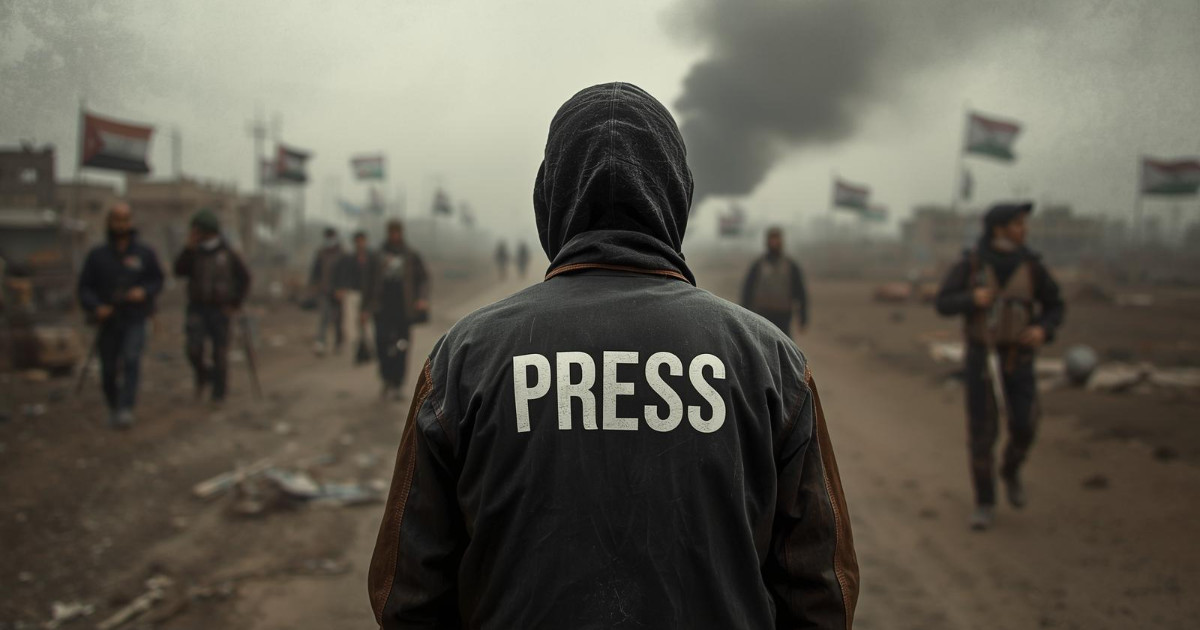
JournalismPakistan.com |
Published: 25 January 2026 | JP Staff Report
Join our WhatsApp channel
…
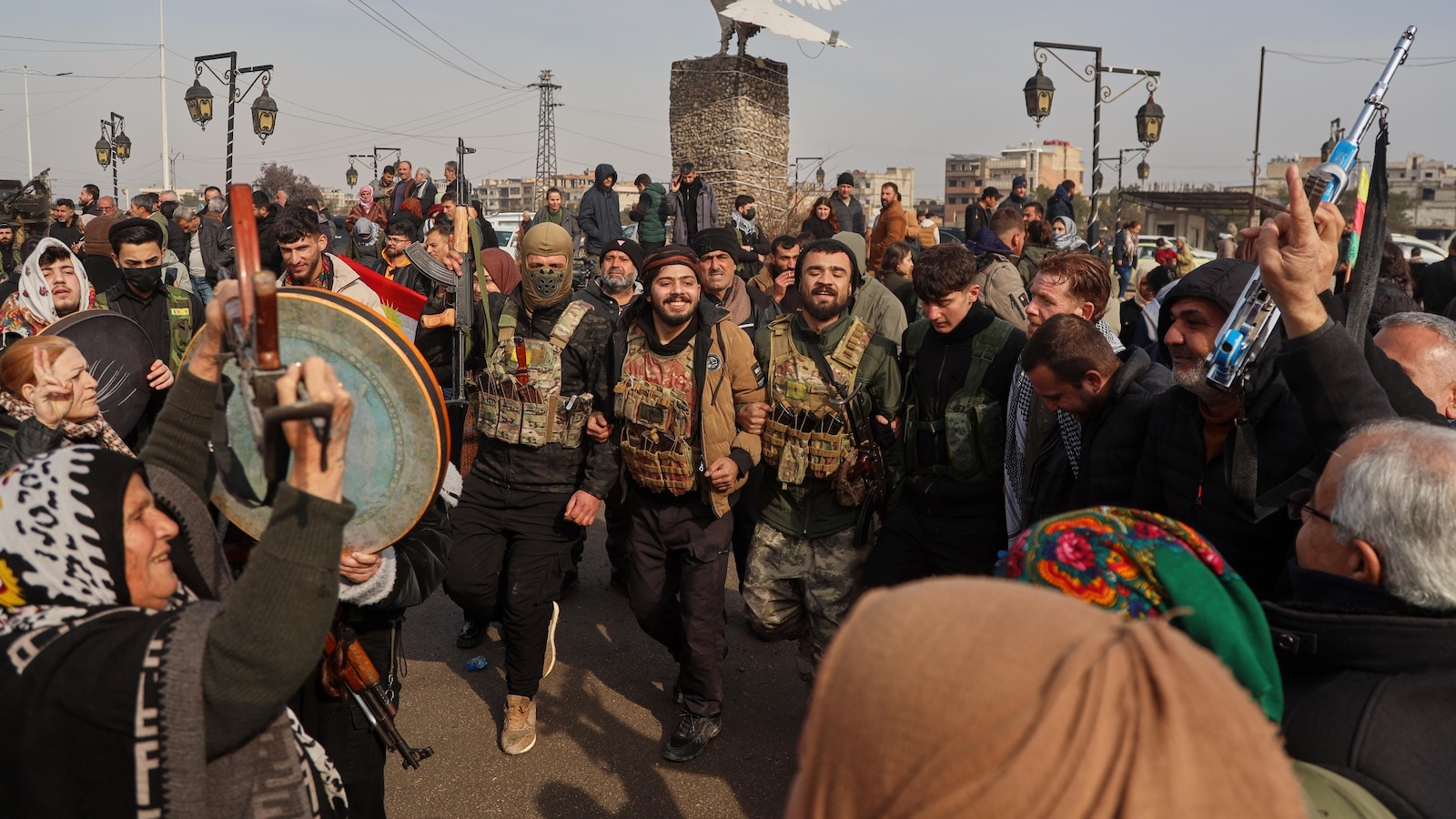
RAQQA, Syria — Hours after the expiration of a four-day truce between the Syrian government and Kurdish-led fighters Saturday, Syria’s defense ministry announced the ceasefire had been extended by another 15 days.
The defense ministry said in a…

Ukraine and Russia have agreed to hold a second round of US-brokered direct peace talks next weekend after a two-day meeting in Abu Dhabi, despite Ukrainian complaints that negotiations were undermined by a barrage of deadly strikes. The…
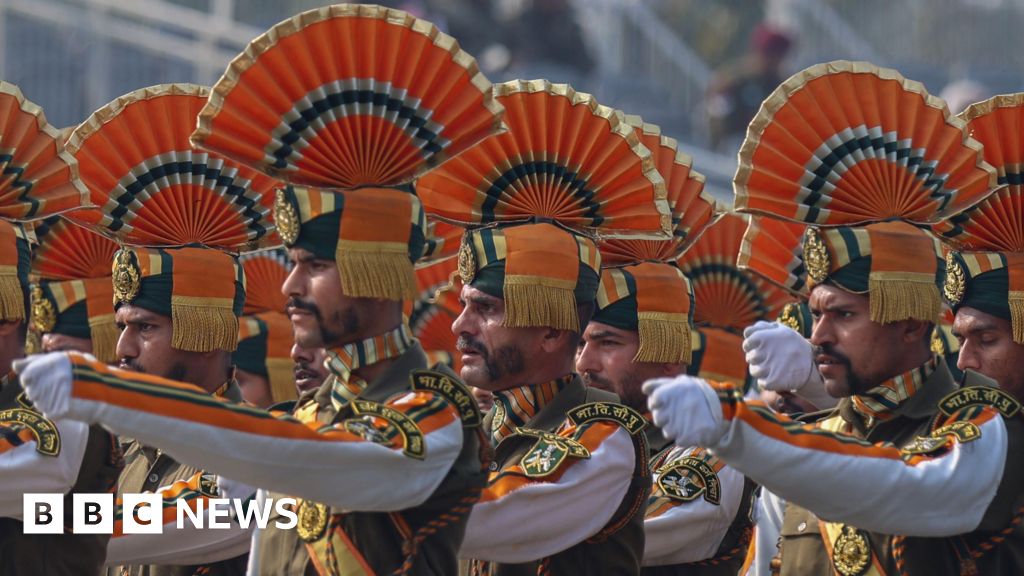
 EPA/Shutterstock
EPA/ShutterstockIndia will mark its 77th Republic Day on 26 January – the day when the country adopted its constitution and formally became a republic,…
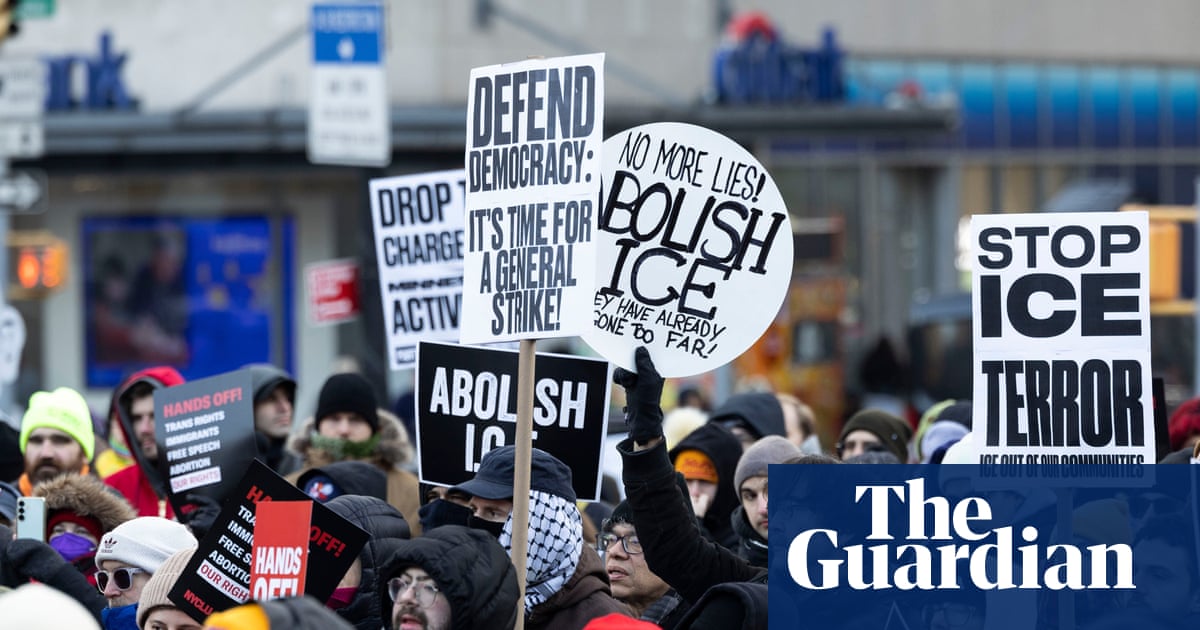
Large protests spread across US cities on Saturday – including Minneapolis, New York City, San Francisco, Boston and Providence, Rhode Island – after 37-year-old Alex Pretti, a registered nurse living in Minneapolis, was shot dead by federal…
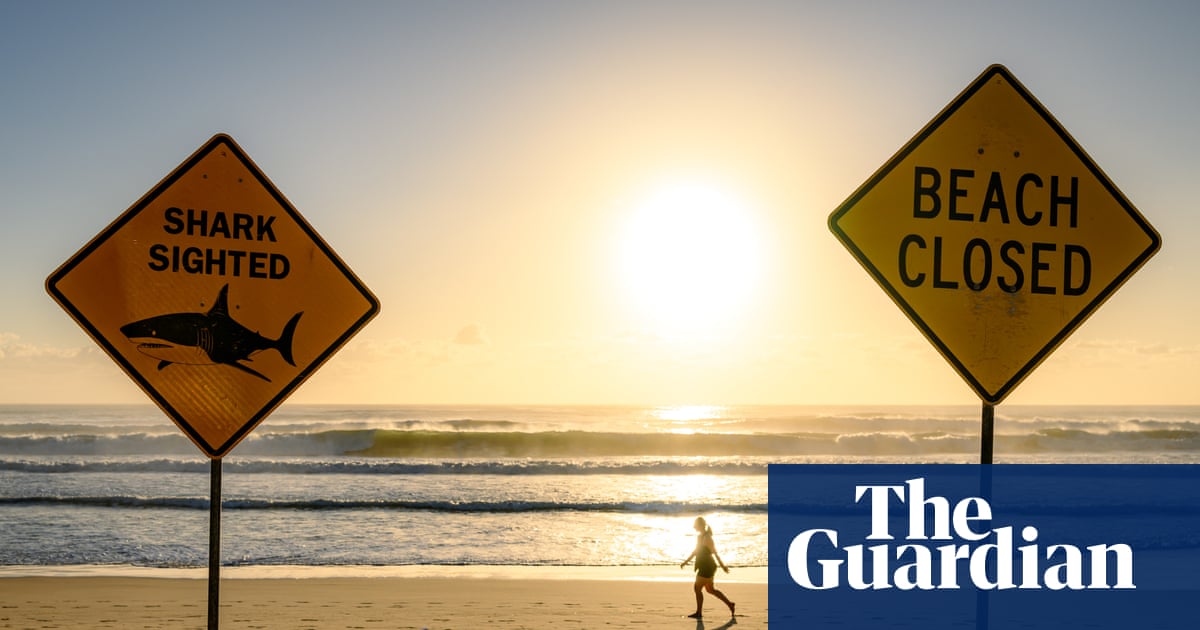
Sydneysiders have heard similar warnings before – in the past, they’ve been issued for beaches polluted with faecal matter after heavy rains.
The city’s unique, outdated sewage management system has been linked to “debris balls” which…